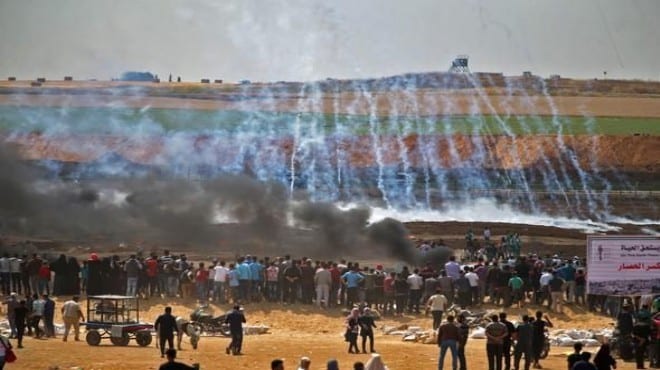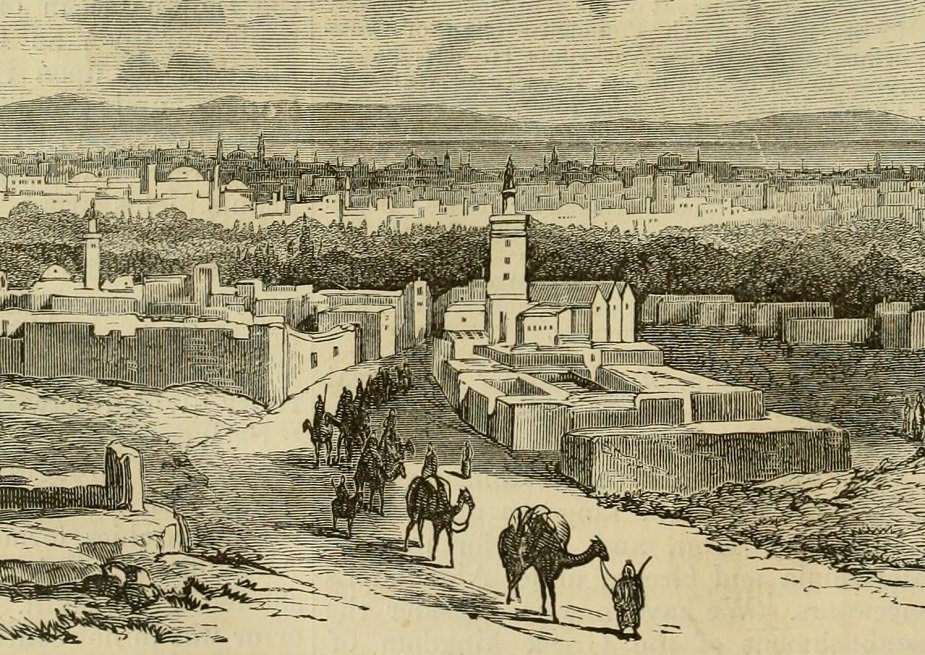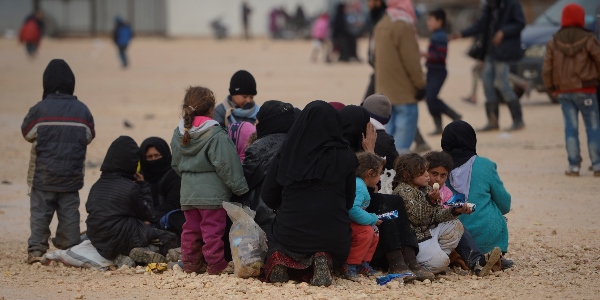Britain in Palestine 1917-1948
Britain in Palestine 1917-1948 investigates the contradictory promises and actions which defined British Mandatory rule in Palestine and laid the groundwork for the Nakba (the catastrophe) and the creation of the state of Israel in 1948. The roots of the contemporary social, political, economic, and environmental landscape of Palestine and Israel can be traced back to this period, making it essential viewing for understanding Britain’s legacy in the region and the situation on the ground today.
To access English, Arabic and Hebrew subtitles click on the CC link on the video. For further analysis of the events outlined in the film see the Companion Guide to Britain in Palestine 1917-1948.
Reviews
“A very useful explanation of how we got to where we are today. Fascinating photos I had not seen before. A great resource to show in any classroom or forum to people who want to learn more about this region, and specifically, Britain’s involvement. Afif Safieh, Former Palestinian Ambassador
“…This film brilliantly puts into perspective the role the United Kingdom played in Mandate Palestine from 1917-1948.” Rabbi Howard Finkelstein, Ontario, Canada
“This is an excellent short 18-min video from @BalfourProject explaining briefly but super-clearly how British colonialism has caused a century of war in Palestine.” Matthew Teller, Journalist and author of Nine Quarters of Jerusalem: A New Biography of the Old City (2022)
“Britain in Palestine 1917 – 1948 is a clear, precise and factual explanation of the historical origins of the Arab-Israeli conflict. For anyone who wants to develop a real understanding of the issue but is intimidated by it’s complexity, this film is the place to start.” Judah Passow, Photojournalist




